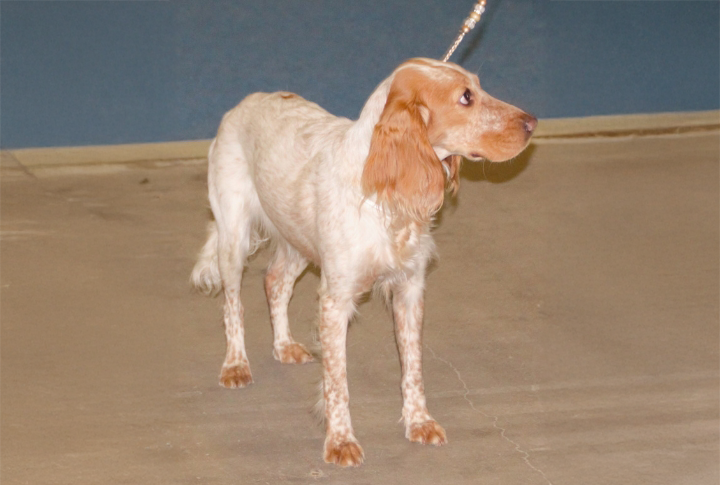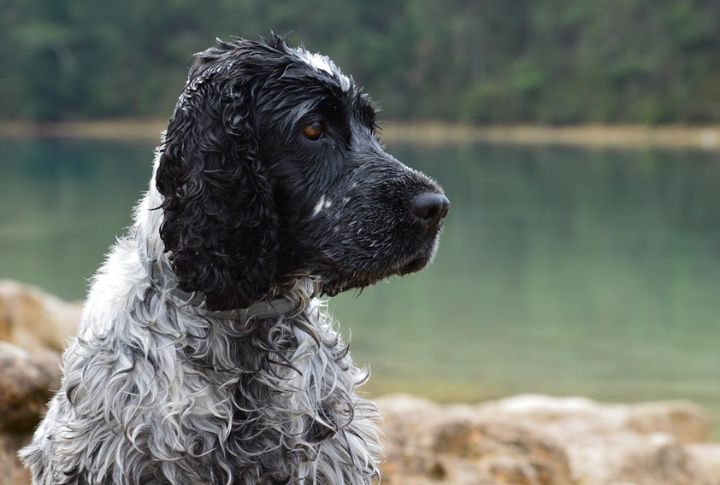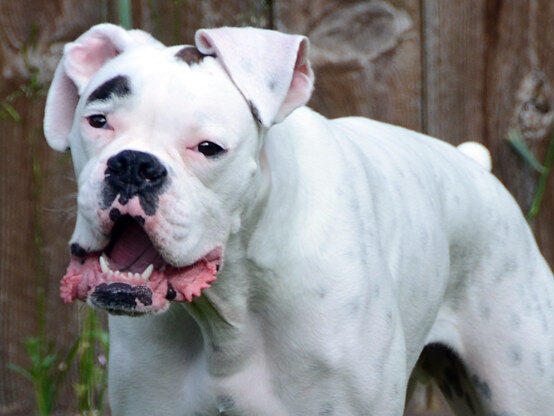10 Things You Need To Know About The Russian Spaniel

Not every dog’s born to hunt ducks and nap on your couch like it’s a royal throne. But the Russian Spaniel? That’s a multitasker with fluff. You won’t see it trending on TikTok, but it quietly checks all the boxes—plus a few extra ones no one asked for. If you want to learn ten new things about this breed, keep reading.
Origin Of The Russian Spaniel

Bred in Russia for hunting, the Russian Spaniel was crafted for practical utility and companionship in the field. Closely related to the English Cocker Spaniel, it earned official recognition from the Russian Cynological Federation in 1951, solidifying its role as a national breed.
A Size That Fits All

This breed stands about 15-17 inches tall and weighs between 18 and 24 pounds, which makes it perfectly balanced between sturdy and manageable. Its compact size adapts well to city apartments or countryside homes, and this offers versatility without compromising on energy or personality.
A Spirited And Playful Personality

Energetic and loving, Russian Spaniels thrive on interaction and activity. They form strong bonds with people and love being part of a family. Their cheerful nature and playful tendencies make them ideal companions, especially for households with children who can match their enthusiasm.
Versatile Hunting Skills

The instincts of this breed shine in the field, where it’s known for retrieving birds and small game with ease. Its ability to work effectively in both wooded areas and aquatic environments makes it a highly adaptable and valuable hunting partner across varied terrains.
Healthier Than Most Spaniels

The Russian Spaniel typically lives 12 to 14 years, making it one of the healthier spaniel breeds. Free from many hereditary concerns, they maintain good health through regular exercise and proper nutrition, thriving in homes that prioritize daily activity.
The Russian Spaniel’s Love For Water

Water is where this breed comes alive. Russian Spaniels are natural swimmers equipped with webbed feet that boost their aquatic skills. Their love for retrieving waterfowl makes them not only playful swimmers but also capable working dogs in marshes and wetlands.
Low-Maintenance Grooming For Busy Owners

Thanks to its easy-care coat, this breed is a blessing for owners short on grooming time. Unlike other spaniels, the Russian Spaniel’s fur resists matting. A simple brushing once a week keeps them neat, clean, and ready for whatever adventures come next.
A Good Fit For First-Time Dog Owners

If you’re new to dog ownership, the Russian Spaniel’s easygoing and eager-to-please nature can be a great place to start. They’re most responsive when routines are clear and efforts are rewarded. You’ll find them a joy to train because of their loyal and affectionate demeanor.
Social And Good With Other Pets

This friendly and outgoing breed generally does well with other pets. Their adaptable temperament allows them to integrate smoothly into multi-animal households. However, early socialization plays a key role in shaping their behavior and comfort around fellow furry family members.
A Dog That Thrives On Mental Stimulation

Smart and task-driven, the Russian Spaniel needs more than just physical play to stay balanced. Engaging them with puzzle toys or agility training helps channel their mental energy. Without stimulation, they may resort to destructive behavior out of boredom and restlessness.





